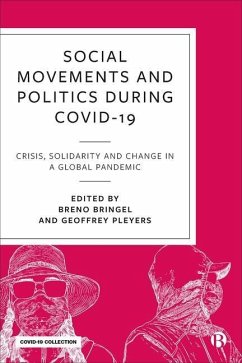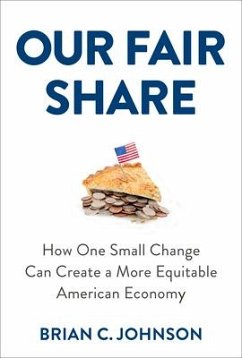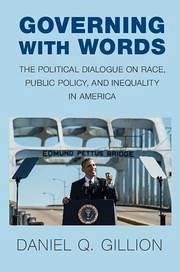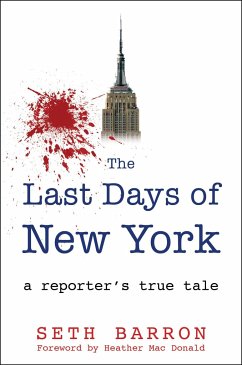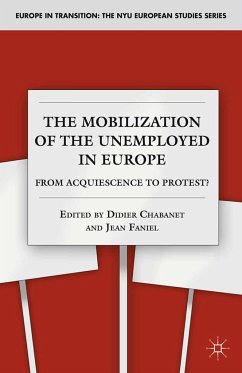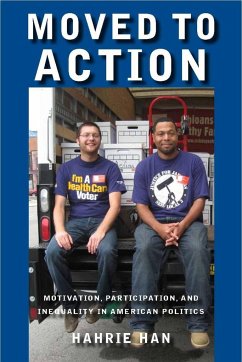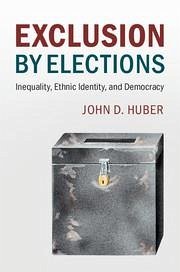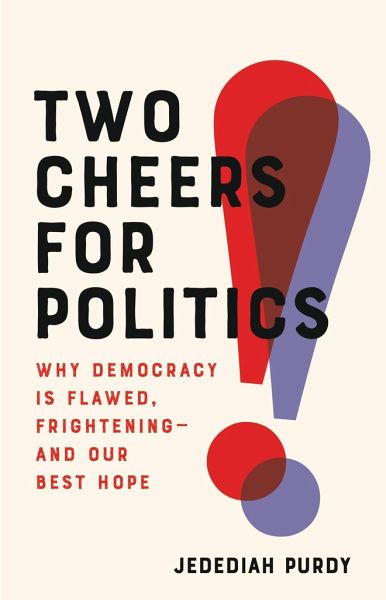
Two Cheers for Politics
Why Democracy Is Flawed, Frightening--And Our Best Hope

PAYBACK Punkte
11 °P sammeln!
"American democracy is in crisis. In 2020, more than half of Americans claimed they were dissatisfied with their political system, and an increasing number are willing to consider alternatives to popular rule-including authoritarianism. We view our political opponents with disdain, if not terror. These fears aren't entirely misguided: democratic debate often puts America's ugliest impulses on display. But in Two Cheers for Politics, renowned political theorist Jedediah Purdy argues that political polarization and the rise of authoritarian populism are symptoms not of too much democracy but too...
"American democracy is in crisis. In 2020, more than half of Americans claimed they were dissatisfied with their political system, and an increasing number are willing to consider alternatives to popular rule-including authoritarianism. We view our political opponents with disdain, if not terror. These fears aren't entirely misguided: democratic debate often puts America's ugliest impulses on display. But in Two Cheers for Politics, renowned political theorist Jedediah Purdy argues that political polarization and the rise of authoritarian populism are symptoms not of too much democracy but too little. Our political battles may have grown fiercer, but we are fighting them on an ever-smaller piece of ground. This is in part by design. Though the United States was founded in part on the principle of democracy--the idea that laws and institutions should be made by the people who are going to live under them--in practice, our relationship to majority rule is ambivalent at best. Indeed, American thought and practice have always drawn toward several varieties of what Purdy calls "anti-politics"--ideologies that remove broad swaths of collective life from the table of collective decision, or even discussion-in other words, outside the realm of politics altogether. One such ideology holds that the free market will produce a spontaneous and just order. Another is the belief that shared culture and "norms" will provide common ground outside of politics. Third, and most distinctively American, is the faith that the Constitution establishes a moral and legal order outside politics. Over the past forty years, these ideas have gained more and more traction within American political culture. Yet each has proven incapable of solving the key questions facing the country. Indeed, in many ways, they actually caused these crises. If we wish to renew our democracy, then, we'll need to claw back the ground that we've ceded to anti-politics and return to its opposite: a politics that affirms full political and economic citizenship for all Americans as we entrust one another with the power to choose our government, write our laws, and shape our common life"--




